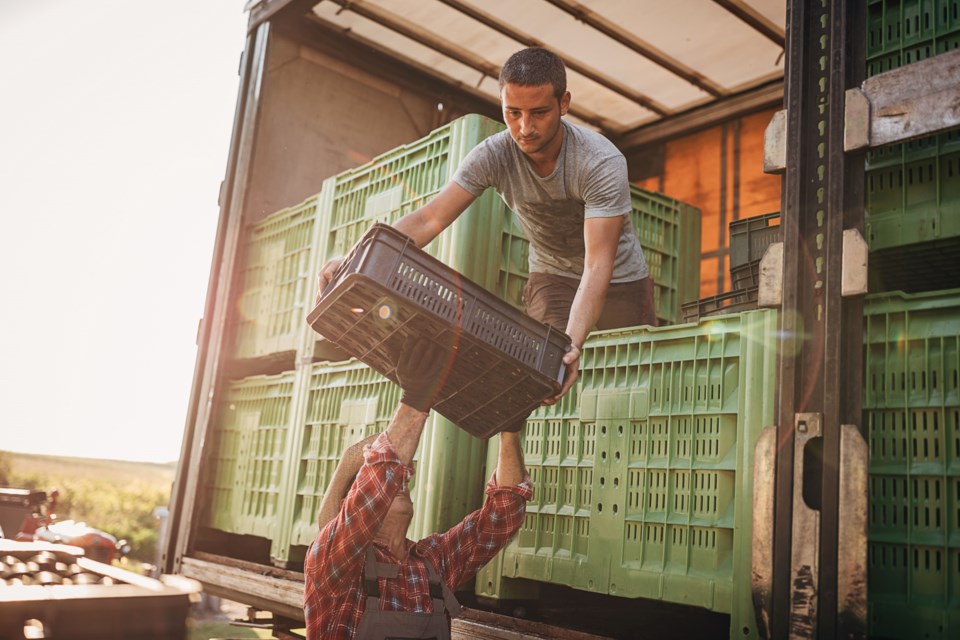A new partnership between Guelph-based companies Freightzy and Less Emissions, a division of Bullfrog Power, is aimed at reducing carbon emissions in the shipping industry.
The partnership offers companies a chance to invest in projects that reduce greenhouse gasses, which in turn offset their overall carbon footprint and allow them to work toward carbon neutrality.
Freightzy calculates the carbon emitted from each shipment and works with Less Emissions to come up with offsets to help the shipping industry’s carbon footprint.
“We calculate based on the weight, the mode of transit and the distance moved. From those things we can infer how much carbon is emitted per each shipment,” said Shawn Freedman, president of Freightzy. “Once we do the calculations at the end of the month, we send them to Christine to purchase (offsets) for our clients.”
The offsets contribute to projects such as a waste-water production plant in Vietnam, biogas in Thailand and a waste-heat-capture in China. Each project is Gold-Standard-certified and works toward progressing the United Nation's sustainable development goals.
“We wanted to make sure that we're supporting projects that meet the gold standard, which is a standard endorsed by over 100 environmental groups, including WWF International,” said Christine Carter, regional sales director at Less Emissions.
Carter said some of the added benefits include pulling families out of poverty and improving overall health in developing countries.
“The projects that meet the gold standard certification contribute to the sustainable development goals put out by the United Nations and have various co-benefits or social (benefits). They’re positive impacts beyond the environmental impacts and beyond the emissions reductions that they cause.”
For both Freedman and Carter, it's just one piece of a larger puzzle that needs to be solved in order to tackle climate change.
“Shipping and our industry continues to grow year over year,” Freedman said. “Right now, it's already making a huge chunk of greenhouse gas emissions and our industry can't really sit on the sidelines any longer. We need to take action. The best time to plant a tree was 10 years ago, but the second-best time is today.”

.png;w=120;h=80;mode=crop)

